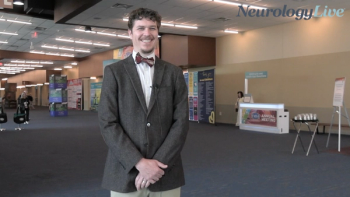
The assistant professor of neurology at Barrow Neurological Institute talked about the lack of public awareness for hypertension among individuals with MS despite many meeting diagnostic criteria. [WATCH TIME: 6 minutes]

Isabella Ciccone, Content Associate, NeurologyLive®, has been with the team since September 2022. Follow her on X @iciccone7 or email her at [email protected]

The assistant professor of neurology at Barrow Neurological Institute talked about the lack of public awareness for hypertension among individuals with MS despite many meeting diagnostic criteria. [WATCH TIME: 6 minutes]
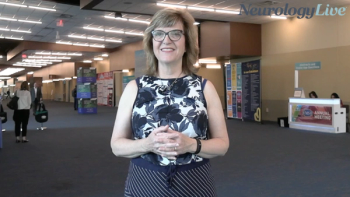
The associate professor of medicine at the Cleveland Clinic Lerner College of Medicine highlighted the importance of early, multidisciplinary intervention for patients with multiple sclerosis. [WATCH TIME: 3 minutes]
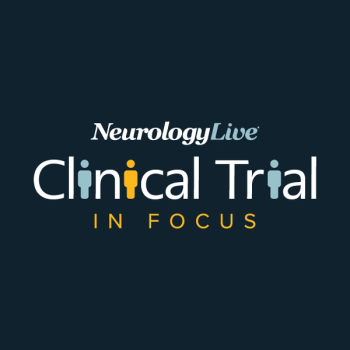
The phase 2 trial tests Roche’s investigational antisense oligonucleotide therapy tominersen in patients with early stages of Huntington disease, a disease with no FDA-approved therapies available.

Explore groundbreaking therapies in development for Huntington disease, targeting its root causes and offering hope for improved patient outcomes.

A newly presented analysis of data from the Novartis Global Safety Database and the PRIM study assessed pregnancy and infant outcomes in women with multiple sclerosis treated with ofatumumab.
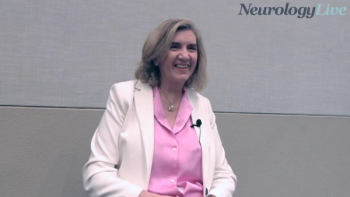
The vice chair of neurology at the Hospital Clínico San Carlos in Madrid highlighted the growing importance of detecting and managing progression in multiple sclerosis, particularly PIRA. [WATCH TIME: 6 minutes]

A new survey presented at CMSC 2025 highlighted the prevalence of burnout and job-related stress among neurology-based advanced practice providers and clinical pharmacists in the United States.

The assistant professor of neurology at Robert Wood Johnson Medical School talked about a collaborative initiative that aims to address AD disparities in Asian and Pacific Islander American populations. [WATCH TIME: 3 minutes]

Researchers reported that both EN001 and insulin improved muscle strength and nerve function in models of Charcot-Marie-Tooth disease type 1A, with combined treatment showing enhanced effects.

Newly presented findings from the NEURO-TTRansform study identified thresholds for meaningful improvement in symptoms and disability, which were exceeded by eplontersen treatment.

A recent matched cohort analysis revealed that patients with CIDP treated with immunoglobulin had lower rates of assistive device deterioration and opioid use compared with those untreated.
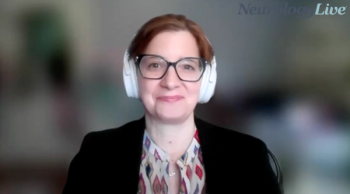
The chair of the Women’s Sleep Health Task Force at the American Academy of Sleep Medicine talked about how hormonal changes across a woman’s lifespan influence the prevalence of sleep disorders. [WATCH TIME: 4 minutes]

The assistant professor of neurology at Robert Wood Johnson Medical School discussed the mission of RCASIA, highlights from its annual retreat, and key takeaways from AAN 2025.
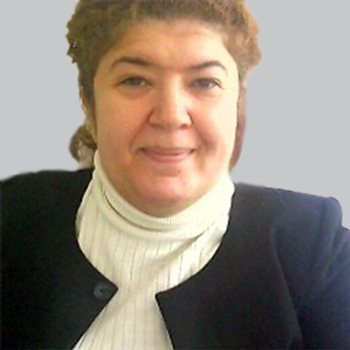
Findings suggest a potential correlation between motor function improvement and decreased autophagy-related protein levels in patients with spinal muscular atrophy treated with nusinersen.

A newly presented study showed that patients with sarcopenia before starting chemotherapy had a greater likelihood of developing moderate to severe peripheral neurotoxicity.
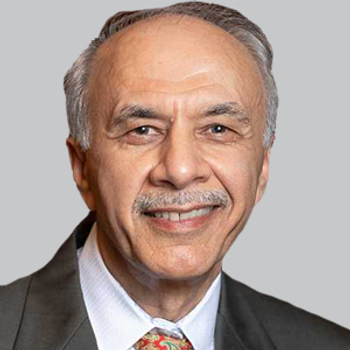
A recently presented biobank data analysis showed associations between reduced transthyretin and higher incidence of conditions such as Alzheimer disease, cardiovascular disease, and rheumatoid arthritis.

A recently presented matching-adjusted indirect comparison assessed outcomes of immune globulin subcutaneous (Human)-ifas, 10% solution versus subcutaneous efgartigimod in patients with CIDP.

Patients with Guillain-Barré syndrome treated with tanruprubart, formerly known as ANX005, reported significant benefits in mobility, self-care, and usual activity compared with placebo.

Markted as Brekiya, Amneal Pharmaceuticals’ newly approved therapy offers a self-administered version of dihydroergotamine mesylate for adults with migraine or cluster headache.

The executive vice president of research at the National MS Society talked about the significance of the Dystel Prize, honoring researchers in MS whose scientific work has led to meaningful diagnostic or therapeutic advancements. [WATCH TIME: 2 minutes]
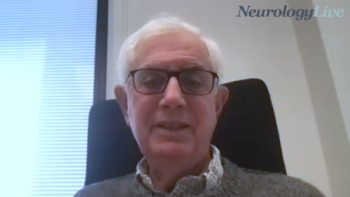
The professor of neurology and neurosurgery at McGill University discussed the evolution of multiple sclerosis treatment, the need for earlier intervention, and the pressing scientific questions surrounding neuroinflammation. [WATCH TIME: 4 minutes]

The research portfolio director at the Muscular Dystrophy Association discussed the evolving ALS therapeutic landscape, highlighting advances in genetic and RNA-based interventions. [WATCH TIME: 6 minutes]

A recent large cohort analysis of global MS registry data reported that the incidence and persistence of progression independent of relapse activity varied widely depending on how it was defined.

The chief executive officer and founder at CureDuchenne shared her emotional journey from her son’s diagnosis of Duchenne to embracing a new path focused on advocacy, adaptation, and resilience. [WATCH TIME: 4 minutes]

Experts discussed how aging impacts multiple sclerosis management, treatment decisions, and overall patient health. [WATCH TIME: 5 minutes]

A recent interim analysis of a 5-year observational study showed sustained benefit of pitolisant in reducing excessive daytime sleepiness and cataplexy in patients with narcolepsy.

Experts discussed the current and future applications of AI and machine learning in multiple sclerosis research and clinical care, highlighting both opportunities and limitations. [WATCH TIME: 9 minutes]

A review highlighted the role of serum neurofilament light chain as a potential biomarker in MOG antibody-associated disease, with findings pointing to associations with attack severity.

Experts discussed the promise and uncertainty surrounding BTK inhibitors and CAR T-cell therapy in addressing progressive multiple sclerosis. [WATCH TIME: 8 minutes]

A recently published population-based study reported that patients with MS or NMOSD had a significantly higher risk of autoimmune rheumatic diseases than matched controls.